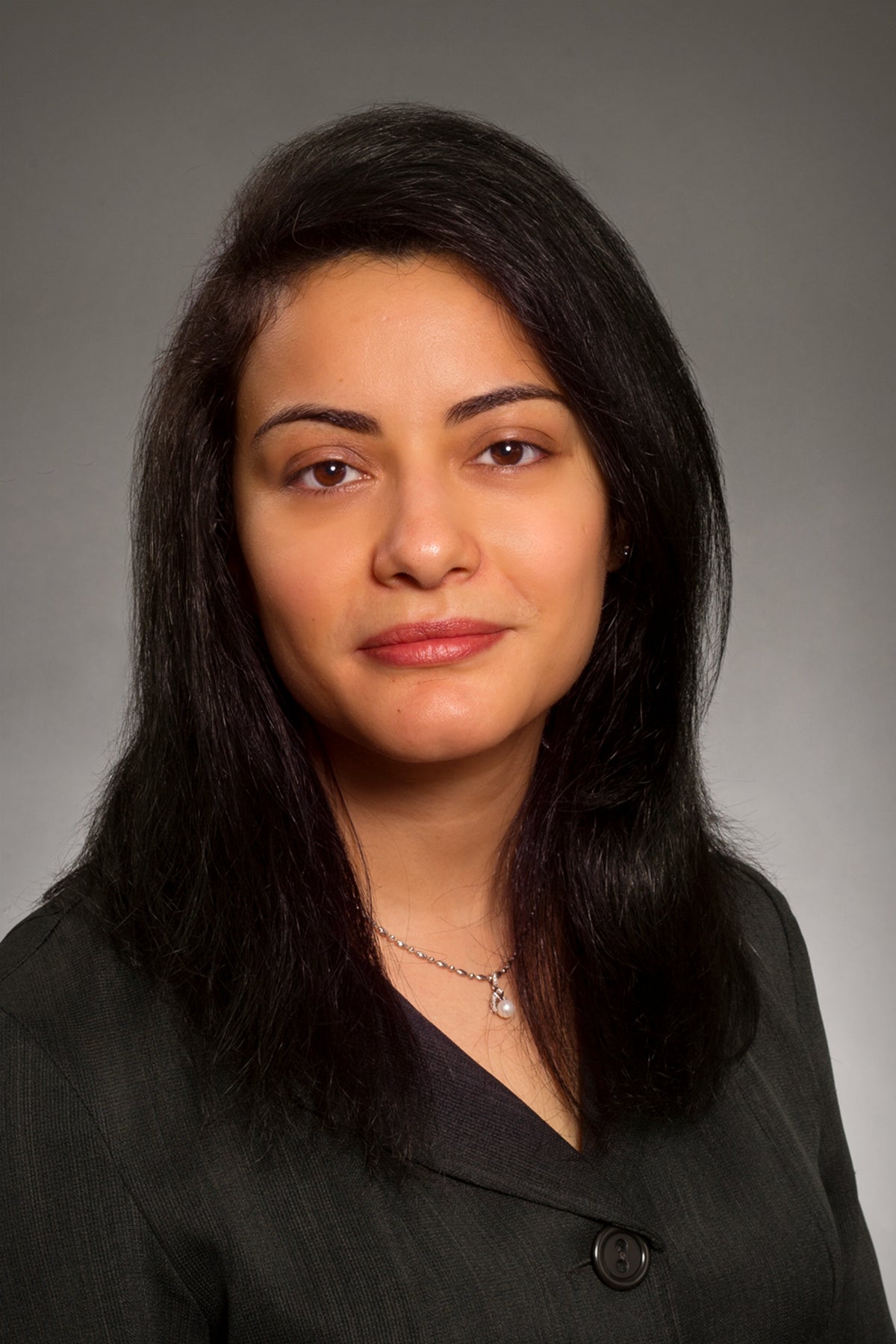
Hoda Mehrpouyan, an associate professor of computer science, was featured in the National Science Foundation’s Directorate for Computer and Information Science and Engineering October newsletter.
The Cybersecurity Awareness Month-themed newsletter highlighted the group’s cybersecurity research. Mehrpouyan was recognized for her work in this field.
An excerpt from the newsletter reads: “Her research focuses on protecting the privacy, security and reliability of cyber-physical systems — systems that combine software and hardware, such as smart grids, medical devices or autonomous vehicles. These systems play an important role in our everyday lives, from making sure we have a stable power supply to ensuring the safety of medical devices. By improving the security of these systems, she helps prevent risks to our safety, industries and even national security.
Mehrpouyan is particularly focused on requirement analysis, formal verification and compositional modeling and reasoning, focusing on safety and failure resilience in complex engineering systems. Her work often utilizes techniques, including model checking, theorem proving, automated reasoning and cyber-physical system design. Additionally, she integrates machine learning to enhance system robustness and resilience, applying it for anomaly detection, predictive maintenance and adaptive control. Her interdisciplinary approach combines insights from AI, systems engineering and control theory to ensure safety, security and efficiency of critical infrastructures.
Mehrpouyan was awarded an NSF Faculty Early Career Development award from the SaTC program to develop a strong security system that protects water treatment plants from cyberattacks. Further, she developed algorithms and tools to detect process anomalies by analyzing sensors and actuators’ real-time and historical data used for training deep neural network algorithms.
In addition, in August 2016, she was awarded an NSF CISE Research Initiation Initiative grant based on the proposal submitted to the SaTC program to create tools, algorithms and systems that help protect people’s privacy. The project focused on helping users control what information they share and with whom based on their unique needs and values. They used machine learning and natural language processing to identify privacy risks and prevent unintentional disclosures in real time. Their findings highlighted the dynamic nature of privacy, influenced by personal, social and environmental factors. The findings also provided a path for better privacy protection without limiting users’ ability to communicate and interact online.
Mehrpouyan currently serves as the director of the Idaho Election Cybersecurity Center and has authored and co-authored over 50 publications, presentations and reports focused on the privacy and security of Industrial Control systems.”